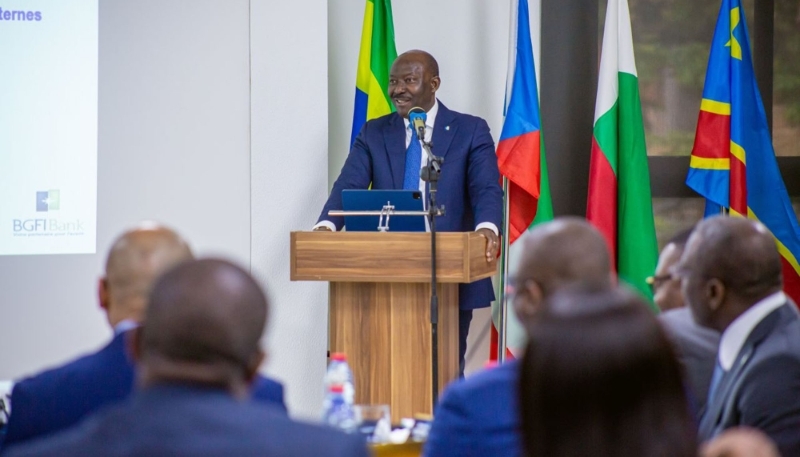A planned Initial Public Offering (IPO) for one of Central Africa’s most prominent financial institutions, BGFIBank, has escalated into a fierce legal and corporate battle, exposing the deep-seated tensions between old political networks and new economic ambitions in Francophone Africa.
The conflict pits the bank’s current leadership, led by CEO Henri-Claude Oyima—a figure with longstanding ties to the former Gabonese ruling family—against a group of minority shareholders associated with French-Gabonese billionaire Christian Kerangall. The dissenting shareholders are employing every legal means at their disposal to derail the IPO, which they argue is being pushed through under questionable terms and without sufficient transparency.
At the heart of the dispute lies the enduring influence of the Bongo family, which ruled Gabon for over five decades until a military coup in August 2023. BGFIBank Group, founded in 1971, was historically seen as the financial backbone of the Bongo clan’s empire. While the bank has consistently denied being state-owned, its operations and major shareholders have long been intertwined with the country’s political elite.
Henri-Claude Oyima, who was also recently appointed to lead the Senior Executives Conference in Douala, Cameroon, represents the bank’s established order. His leadership is now being directly challenged by shareholders demanding a new direction in the post-Bongo era.
The Kerangall-affiliated group alleges that the IPO structure is designed to dilute the influence of minority stakeholders and consolidate control for the existing majority shareholders, who they claim are proxies for the old regime’s interests. They have raised concerns about the valuation of the bank and the timing of the listing, arguing that it prioritizes political expediency over fair market value and good corporate governance.
“For many observers, this is more than a simple shareholder squabble,” says a Libreville-based financial analyst who wished to remain anonymous. “It is a proxy war for the soul of Gabon’s economy. It’s a fight between the entrenched system of the past and those betting on a more transparent, market-driven future. The outcome will send a powerful signal across the region about how business is done in a new political climate.”
The legal battle is being closely watched by investors and policymakers across the CEMAC region and beyond. It serves as a critical test case for corporate governance in an era where the lines between political power, personal wealth, and business interests are being redrawn. The resolution of this conflict will likely determine not only the future of BGFIBank but also set a precedent for how other legacy corporations with similar political ties navigate the evolving landscape of post-authoritarian Africa.
As lawsuits are filed and arguments are made in court, the long shadow of the Bongo clan continues to loom over Gabon’s economic future, proving that even after a dramatic political change, dismantling decades-old networks of power is a complex and contentious process.

Leave a Reply